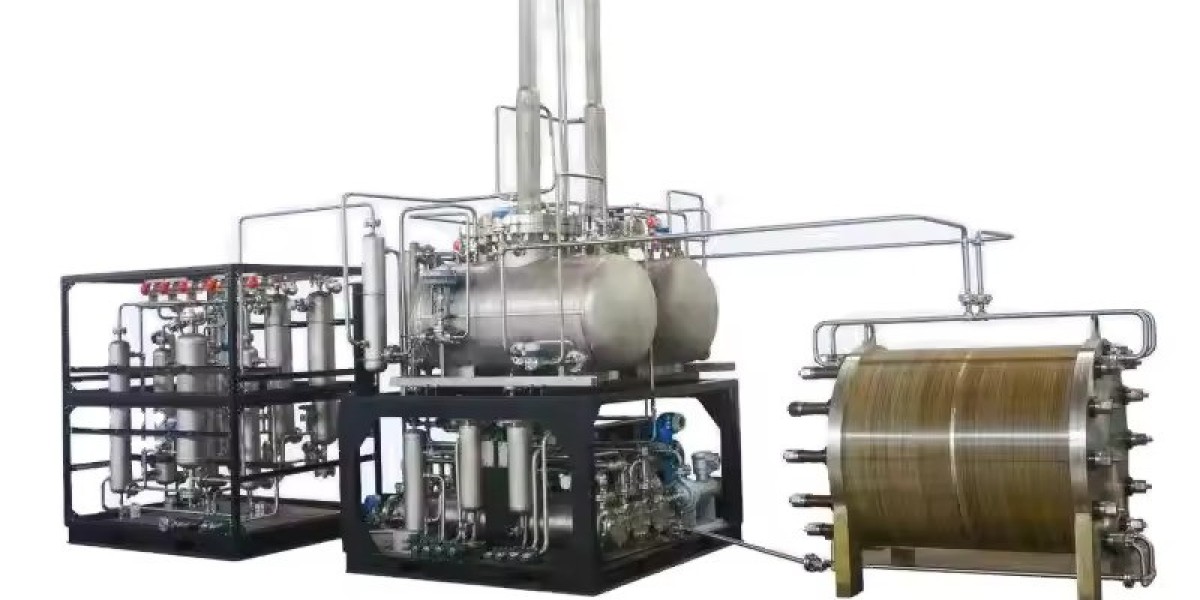As data protection becomes more and more important, organisations must safeguard their data more and more. By violating peoples fundamental rights and freedoms, not adhering to data protection rules can lead to dangerous situations that could damage an organizations credibility, reputation, and financial condition. Your data protection officer skills will be useful in this situation, and our onlineDPO certificationis just what you need.

A trustworthy CT DPO Intermediate has been produced by Tsaaro Academy. The fundamental legal requirements of the General Data Protection Regulation (GDPR), the Data Protection Law of the United Arab Emirates, the Data Protection Act of Kenya, and other international laws are covered in detail in this in-depth CT DPO Intermediate course before moving on to a practical experience in data protection compliance.
Thiscertified CT DPO Intermediate coursecovers a wide range of topics, including data mapping, significant internal or external policy considerations, the practical application of Data Protection Impact Assessments (DPIAs), handling personal data breach and incident response, dealing with Data Subject Access Requests (DSARs), evaluating vendors, requirements for international data transfers, and documentation.
Data Protection Officer Obligations:
- Complete compliance of company/organisation with Specific Data Protection Legislation.
- Monitor Data Protection Impact Assessments (DPIAs), Processing Activities (ROPAs), and similar privacy-related standards and regulations.
- Strategically planned evaluation and distribution of Sensitive Data.
- Methods to alert outside organizations and remote workers in case of emergencies and handling of sensitive data.
- Administer transmission of data and data warehouse to achieve long-term compliance.
- Create a privacy governance environment that overcomes any drawback using strategic evaluating technologies.
- Actively reporting the higher authorities in case of data breaches and also intervene with an answer/ solution in such situations.
- Developing Privacy awareness culture in the entire work environment.
- Add to the awareness by taking Privacy insights sessions with the workers and officers accelerating the awareness process.
Walking through the Domains CT DPO Intermediate certifications covers.
The CT DPO Intermediate certification is comprised of nine domains:
1. Privacy Policies
What is a Privacy Statement?
Composition of Privacy Statement as per global regulations.
Changing/Updating a Privacy Statement.
Enforcing a Privacy Statement
How to draft an Internal Data Protection Policy?
Changing/Updating an Internal Data Protection Policy.
Implementing the Internal Data Protection Policy.
2. Leading Privacy Principles (Incorporating EU-GDPR, CCPA, PDPA)
Lawfulness, Fairness, and Transparency
Purpose Limitation
Data Minimisation
Accuracy
Storage Limitation
Integrity and Confidentiality (Security)
Accountability
3. Data Subject Rights (DSR)
Data Subject Rights
Basic Rules for Data Subject Request.
Comparative analysis of DSR across the globe.
Data Subject Identity Verification.
4. Data Protection Impact Assessment (DPIA) Record of Processing Activities (ROPA)
The legal requirements for a DPIA.
Implementation of DPIA into organisation.
How to conduct a DPIA?
Identifying the risks and mitigations.
Ensuring GDPR CPRA Accountability Principles.
Legal and compliance issues to consider.
Introduction to ROPA (EU-GDPR).
Applicability and Non-Applicability of the obligation to maintain ROPA.
What are the constituents of ROPA?
How to formulate ROPA?
Checklist for formulating the ROPA.
Formulating ROPA in line with leading privacy regulations.
5. Data Retention Policy Retention Schedule
Understanding the steps to draft an Data Retention Policy
Implementing the Policy
Implementing Data Retention
How to create Data Retention Schedule?
How to delete data after retention is no longer necessary?
6. Data Breach and related procedures
What is a Data Breach?
How to identify/recognise a Breach?
Learn How to handle a Data Breach incidents.
Learn How to handle an Incident response for an organisation.
Data Breach Management Flowchart.
Obligations of Data Controllers and Data Processors.
7. Vendor Risk Management
Vendor Classification
Vendor Risk Assessment
Vendor onboarding
Data processing agreements: controller to controller
Data processing agreements: controller to processor
Data processing agreements: joint controllers
Ongoing Monitoring
Audit Review
8. Practical Exercises.
9. Examination.
Examination (50% passing criteria)
Pre-requisites of DPO.
Although there are no formal requirements for data protection, you must be an expert in data protection regulations and procedures to work as a data protection officer. The DPO must not currently be engaged in any operations or responsibilities that could interfere with their obligations for data monitoring and protection.
The majority of DPOs in India and around the world have backgrounds in security. Being a DPO is something you may anticipate if you work in security.
The DPOs receive hefty compensation, with non-lawyers earning between 100 and 200 euros per hour and licenced attorneys earning between 300 and 500 euros per hour. Data protection officers are clearly in demand given Indias booming IT industry and building data privacy infrastructure, particularly in the post-pandemic age.
Therefore, if you want to launch your career as a Data Protection Officer and have the qualifications and expertise for this prestigious role, this is the ideal time to do so as all signs point to a rapid expansion of this industry.
Exam Format
There are 90 MCQ-based questions.
Time: 2.5 hours.
60% of tests are passed.
Click Here:CT DPO Intermediate



